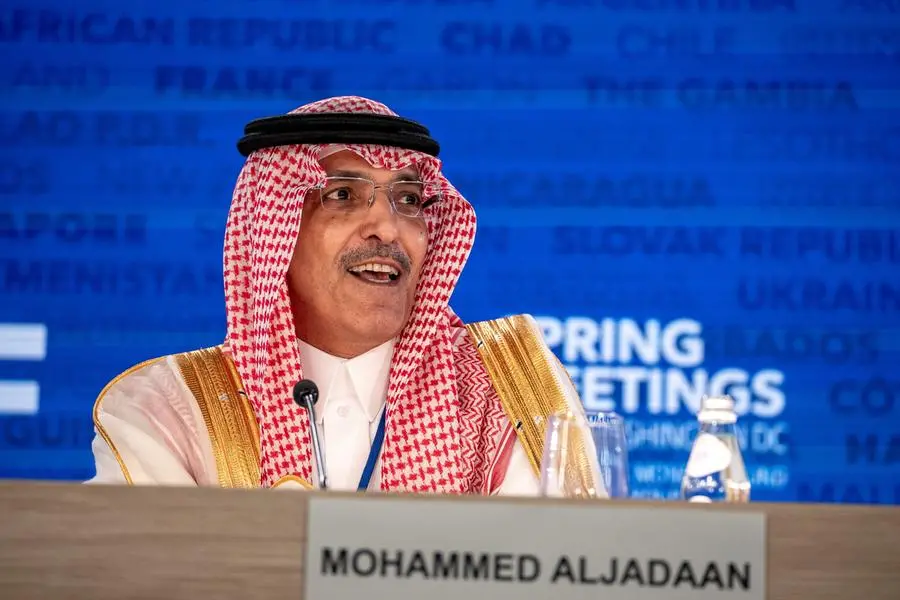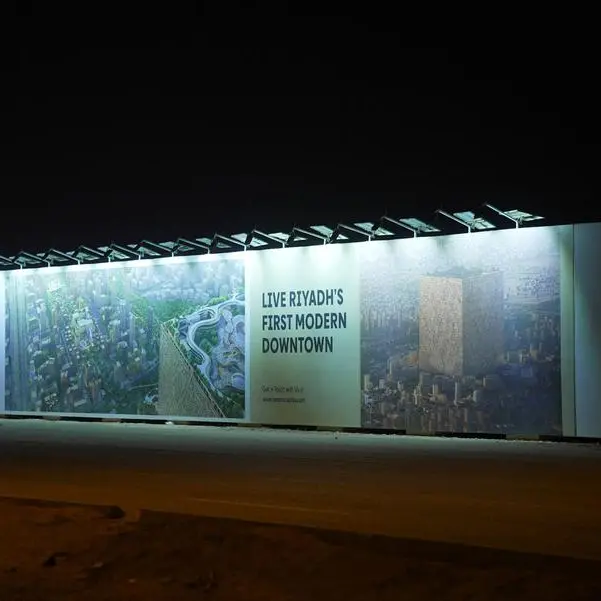PHOTO
RIYADH — Saudi Minister of Finance Mohammed Al-Jadaan reaffirmed that the Kingdom does not have a strategy or project from now until 2030 without having sufficient funding.
"According to the plans I talked about today, all projects and strategies until 2030 have funding, and the funding is sustainable and will not affect public finances. Our main goal is not to affect public finances, and if we want to maintain a sustainable economy, we must maintain public finances," he said.
Addressing a press conference following the approval of the 2025 state budget, Al Jadaan clarified the distinction between the Kingdom’s public finances and the operations of the Public Investment Fund (PIF) during a press conference today, emphasizing the independent governance and financial mechanisms underpinning the nation’s ambitious projects.
Al Jadaan stressed that the PIF operates separately from public finances, describing it as a sovereign investment entity tasked with leveraging state assets for the benefit of future generations.
He noted, “The Public Investment Fund has its own governance framework, distinct from public finance governance. It establishes companies dedicated to specific projects, allocates budgets to them, and assigns independent boards of directors responsible for their management and execution.”
Using landmark projects as examples, Al Jadaan highlighted the PIF’s approach. “When we talk about projects like NEOM, Qiddiya, Diriyah Gate, or the Red Sea, each of these initiatives has its own company established by the fund. These companies have independent boards, budgets allocated by the PIF, and clear strategies, timelines, and periodic reviews adjusted according to economic, geopolitical, or financial circumstances.”
The minister underlined the importance of understanding the evolving nature of these projects. “Circumstances change daily, and we must focus on the bigger picture. NEOM, for instance, is a multi-decade project spanning over 50 years, not a short-term endeavor. Meanwhile, other projects like Diriyah and the Red Sea are already operational, showcasing high efficiency and exceptional quality in execution.”
Al Jadaan urged recognition of these achievements and the individuals behind them. “Every day, new projects are launched, and operations begin. We should acknowledge the historical milestones achieved in record time with outstanding quality and efficiency.”
Turning to public finances, Al Jadaan reiterated the strong governance framework guiding fiscal policy, which operates independently through the Financial Committee, the Economic and Development Affairs Council, and ultimately the Council of Ministers.
He affirmed that all strategies and projects planned up to 2030 have sustainable financing mechanisms in place that do not strain public finances.
“Our primary objective is to maintain sustainable public finances while ensuring economic growth. We do not approve any project without sustainable financing that aligns with our goal of preserving fiscal stability,” he said.
The minister concluded by emphasizing the Kingdom’s commitment to balancing ambitious development with prudent fiscal management, ensuring the long-term sustainability of Saudi Arabia’s economy.
The minister clarified that there are currently no plans to transfer additional Aramco shares to the Public Investment Fund (PIF). He assured that public revenue from Aramco, derived from royalties and taxes, will remain stable. "Aramco's oil revenues come through three sources, including rents, taxes and distributions, and the last item is the only one affected by the transfer of shares," he said.
© Copyright 2022 The Saudi Gazette. All Rights Reserved. Provided by SyndiGate Media Inc. (Syndigate.info).





















